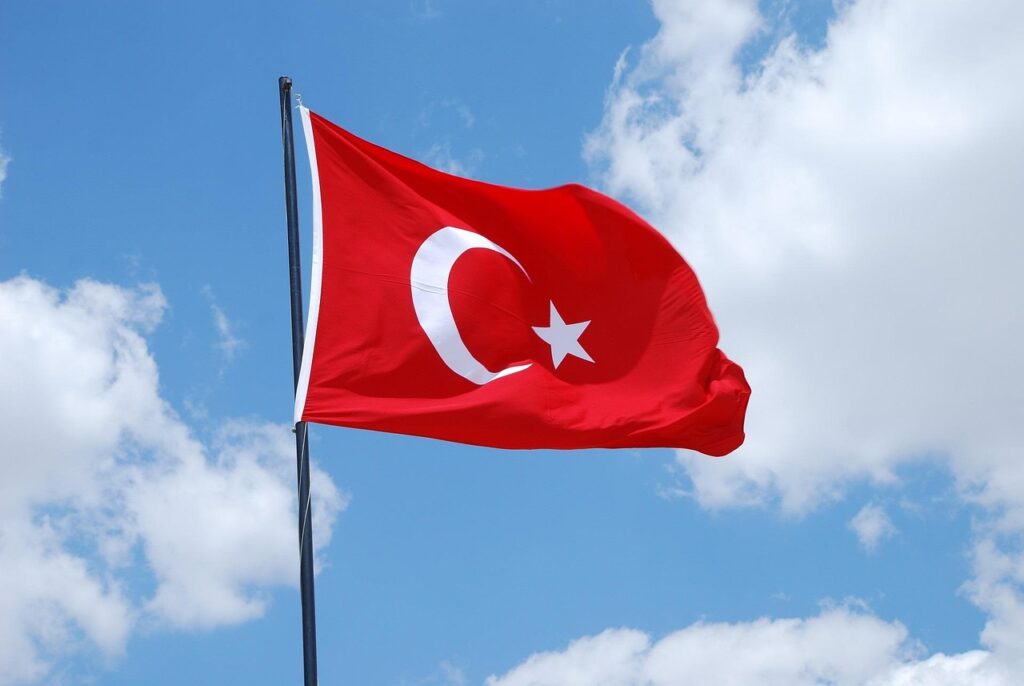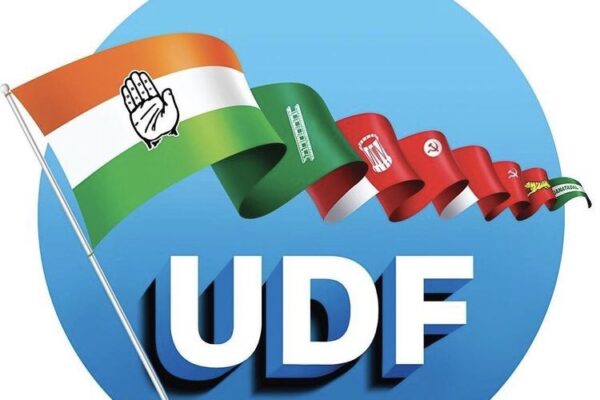
Tensions between India and Turkey have deepened following Ankara’s public backing of Pakistan during the recent India-Pakistan conflict, prompting a swift and sweeping response from New Delhi that now includes cutting ties with Turkish businesses and universities.
The diplomatic rift, which began with public calls on social media to boycott Turkey, has now turned official. On Thursday, India barred Turkish firm Celebi Aviation from operating at its airports, citing national security concerns—an allegation the company has strongly denied.
Celebi, which previously handled ground services at key airports including Delhi and Mumbai, has had its security clearance revoked by the Ministry of Civil Aviation. India’s Minister of State for Civil Aviation confirmed the decision, stating that the government acted after receiving widespread public appeals to ban the firm.
Meanwhile, a growing number of Indian academic institutions—Jawaharlal Nehru University, Jamia Millia Islamia, and Maulana Azad National Urdu University—have announced the suspension of academic collaborations with Turkish counterparts, marking a rare freeze in educational ties between the two nations.
The move follows deadly cross-border hostilities last month, sparked by India’s airstrikes in Pakistan in retaliation for the Pahalgam terror attack, which killed 26 people. Turkey and Azerbaijan quickly rallied behind Pakistan, with Ankara warning of an “all-out war” and Baku condemning India’s military response.
The backlash at home was swift. Boycott calls against Turkey and Azerbaijan gained traction on social media and were echoed by senior political figures. BJP leader and former minister Rajeev Chandrasekhar publicly urged Indians not to spend their “hard-earned rupees” in countries that support India’s enemies.
Travel bookings have already felt the chill. Leading platform MakeMyTrip reported a 60% drop in bookings to Turkey and Azerbaijan, with cancellations surging 250% in the past week.
Travel agencies across India are now exercising caution. Rohit Khattar, who runs a Delhi-based agency, said many clients are reluctant to book trips to Turkey, fearing social media backlash or perceived disloyalty. “We’re holding off on planning any group tours to those destinations,” he added.
Despite Turkey receiving over 330,000 Indian visitors in 2024, they made up less than 1% of its overall foreign arrivals. Azerbaijan, however, saw Indians make up nearly 9% of its foreign tourists, making the fallout potentially more significant there.
In recent years, both Turkey and Azerbaijan had become popular with Indian travellers for offering affordable, Europe-style holidays, aided by budget airlines and relaxed visa rules. But that momentum now faces serious disruption.
Some users online have suggested Greece as a friendlier alternative, though travel platforms like Cleartrip told the BBC that demand for substitute destinations has yet to spike.
With diplomatic and economic ties unraveling rapidly, analysts say the episode marks one of the most significant India-Turkey ruptures in recent memory—one that could reshape both travel and trade patterns going forward.






